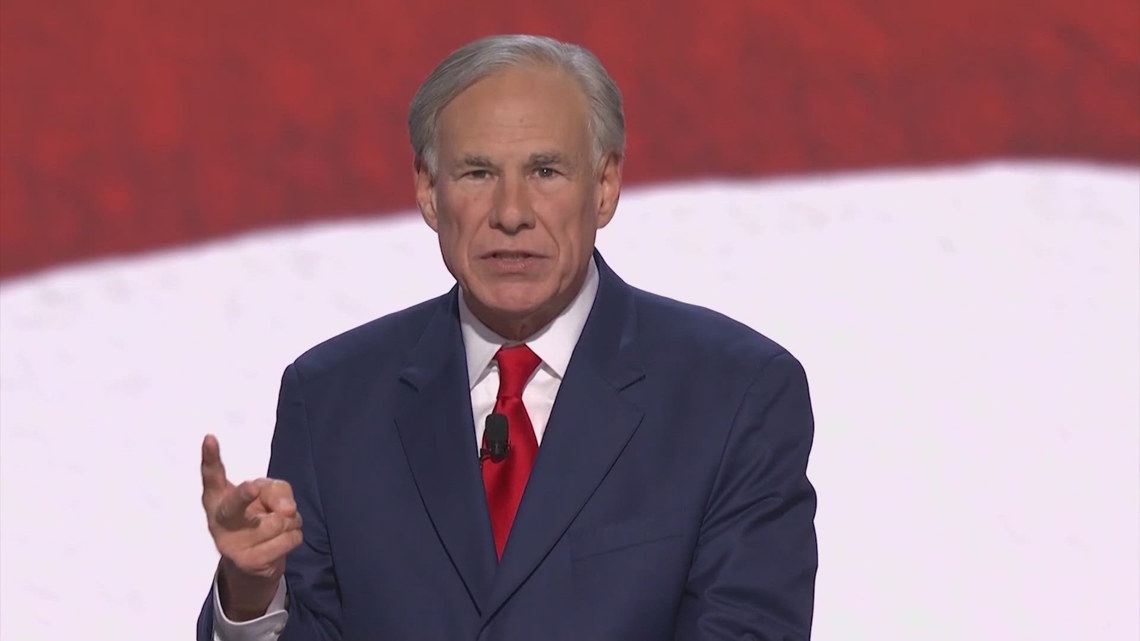
The FBI is now helping Texas leaders locate Democratic lawmakers who fled the state amid an escalating redistricting standoff.
The redistricting battle in Texas has taken a dramatic new turn, with the FBI now involved in tracking down Democratic lawmakers who fled the state to break quorum. The move follows a formal request from U.S. Sen. John Cornyn, who announced Thursday that the federal government has agreed to assist Texas law enforcement in locating the absent legislators.
“I am proud to announce that Director Kash Patel has approved my request for the FBI to assist state and local law enforcement in locating runaway Texas House Democrats,” Sen. Cornyn said in a statement. “We cannot allow these rogue legislators to avoid their constitutional responsibilities.”
Cornyn also thanked President Donald Trump and Patel for acting swiftly on his request, which he made earlier this week in a letter encouraging the agency to investigate possible criminal acts, including bribery, tied to the lawmakers’ departure.
Abbott, Paxton push legal boundaries
The FBI’s involvement intensifies what was already a high-stakes legal and political standoff between Texas Democrats and Republican leadership. Attorney General Ken Paxton has threatened to seek court rulings to vacate the seats of Democrats who don’t return by the end of the week.
Gov. Greg Abbott has also called on the Texas Supreme Court to decide whether he can legally remove the lawmakers. On a podcast Wednesday, Abbott confirmed the FBI’s participation, a claim now corroborated by Cornyn’s office.
Legal experts urge caution
KHOU 11 spoke with a political analyst who said the governor lacks unilateral authority to remove lawmakers from office.
“The process now doesn’t give the governor unilateral power to be able to declare a seat to be absent,” the expert explained. “This is something that the courts would have to do.”
The courts have historically applied strict scrutiny to similar cases and are unlikely to declare a seat vacant unless the lawmaker is constitutionally ineligible, such as being deceased or incapacitated.
Even if the courts take up the case and side with Abbott and Paxton, the process would likely require a district-by-district approach, delaying any possible special elections by weeks.
No clear path forward
At this point, there’s no clear-cut legal mechanism for the governor or attorney general to immediately force out the absent lawmakers. Paxton could pursue individual rulings from local judges to vacate seats, but if denied, the issue would likely end up before the Texas Supreme Court.
Meanwhile, the governor has vowed to keep calling special sessions until redistricting maps are passed, regardless of how long Democrats remain out of state.
KHOU 11 will continue to update this developing story.
